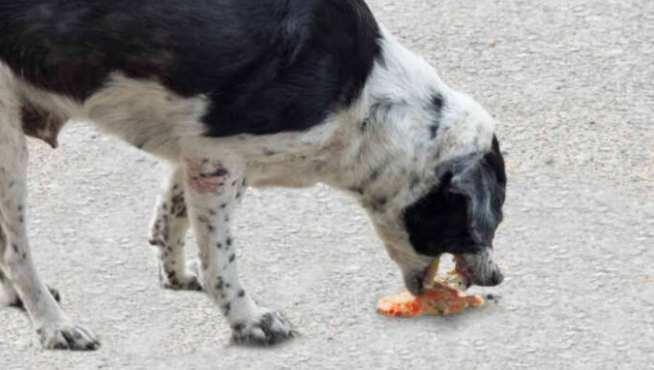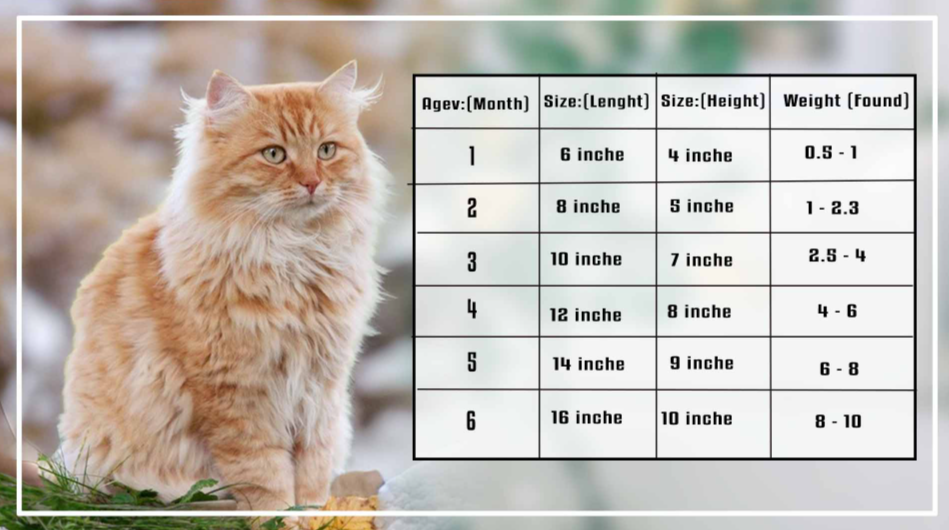Aug 26, 2025
Author:Lisa Martinez

There is hardly anything that dog owners are more concerned about than dog vomiting in their pets.
Although an upset stomach every once in a while is not something to worry about, frequent or severe vomiting may indicate a more serious issue. The issue that pet parents are struggling with is how to understand whether it is a minor issue or a serious indication that needs urgent medication.
This guide will address everything you need to know about dog vomiting, the most common causes and types of vomit, safe home remedies, prevention strategies, and when to call a veterinarian.
Vomiting is the natural process of the body to get rid of something that bothers the stomach or the intestines. It may be caused by something as trivial as eating too quickly or as complicated as an infection or chronic disease. Some dogs vomit and recover, but others vomit and show other signs of illness.
The key to the right treatment is knowing the reason behind it. The causes are most often dietary indiscretion, sudden changes in the diet of dogs, infections, parasites, or toxicosis. In some cases, chronic dog vomiting is accompanied by pancreatitis, kidney, or liver issues.
The color and the frequency of vomit can tell a lot about what is going on in the body of your dog.
● Yellow or foamy vomit- This is normally bile and occurs when a dog has been left without food in the stomach too long. It can be reduced by offering smaller and more frequent meals.

● Clear liquid vomit- This is usually an indication of irritation of the stomach or too much water consumption. Monitor your dog and restrict the amount of water consumed by the dog.

● Red Vomit or blood- This is a severe indication that may indicate internal bleeding. Veterinary attention is required immediately.

● Dark brown vomit -This indicates bleeding in the stomach or bowel. Contact your vet as soon as possible to receive emergency treatment.

Dogs can vomit because of many reasons. Some of them are not serious, but some are in need of urgent vet attention. The most frequent causes are:
Dogs are inquisitive and love to explore with their mouths, thus they can eat garbage, spoiled food or even poison. This can cause mild stomach upset or in worst cases, life-threatening poisoning.
Dogs, like humans, are allergic to certain foods. New food or new snacks can give them an upset stomach. Such issues are prevented through a regular high-quality diet.
The stomach and intestines are irritated by internal parasites such as roundworms, hookworms and Giardia. These issues can be avoided by regular checkups, using preventative medication, and receiving advice on how to treat the dog.
Other non-food items, such as toys, bones, etc., can be swallowed by some dogs and lead to blockage of the digestive tract. This causes repeated vomiting, pain, and in extreme cases, surgery is necessary.
Recurrent dog vomiting is a symptom of conditions such as pancreatitis, kidney disease, or liver problems. When vomiting is chronic and is accompanied by weakness or weight loss, it is important to consult a veterinarian.
The initial step that you should take when your dog vomits is to stay calm. Avoid feeding them for a few hours to give their stomach a rest, but give them some fresh water or safe dog hydration solutions to prevent dehydration.
When vomiting stops, you can gradually start to eat bland foods such as boiled chicken and plain rice in small quantities. Gradually revert your dog to its usual food as it can consume these meals without any problems.
However, in case of continuous vomiting, blood in vomit, or when your dog is weak, lethargic, or in pain, do not use home remedies. These are signs that veterinary attention is needed.
Not all cases are easy to understand when you need to call your veterinarian, but there are some warning signs that you should never overlook. Constant or excessive vomiting, blood or worms, and other signs like fever or diarrhea are to be checked by a specialist. Puppies and older dogs are especially susceptible, as they dehydrate quickly.
When your dog ingests something poisonous such as chocolate, grapes or cleaning supplies, call your vet as soon as possible. It is safe to take your pet to the vet if you are not sure.

Prevention is better than cure. With minor changes in the daily routine of your dog, you can minimize the risks of vomiting attacks.
Add new foods gradually and continue to eat high-quality foods that promote balanced digestion. You can get more advice on feeding tips to develop a plan that fits your dog.
Store hazardous foods such as chocolate, grapes, onions, garlic, and artificial sweeteners away. Even small quantities can cause a dog to be sick.
Dogs that consume food too fast are likely to vomit. Intelligent products like the WOpet Automatic Pet Feeder can control the amount of food and reduce the speed of eating, which makes digestion more convenient and healthy.
Keep your dog hydrated. Hydration is not only important in digestion, but also in overall wellness. Read more about how to keep your pup hydrated here.
Regular check-ups, deworming, and vaccines are also very important in preventing vomiting and detecting health conditions before they get severe.
Occasional vomiting without other alarming symptoms may be treated at home. Feed small, frequent meals of bland foods such as rice, boiled chicken, or plain pumpkin puree until the stomach calms down. Give your dog a quiet place where they can sleep without much disturbance.
After one or two days, slowly resume normal meals. If there is no improvement or aggravation of the symptoms, stop home treatment and call your veterinarian.
Some dogs are more sensitive and tend to have recurring stomach upset. With these pups, prevention and regularity are the most important things. Keep to a regular feeding schedule, do not feed table scraps, and watch your dog carefully when introducing new foods.
In case of chronic health conditions, your vet may prescribe special diets or drugs. In these instances, products such as the WOpet Automatic Pet Feeder can be used to assist in the long-term management of portion control and meal timing.
In addition to good eating habits, exercise, a secure environment, and frequent health checks, your dog has a long-term healthy digestive system.
Dog vomiting may be a serious illness. By knowing how to identify the various kinds of vomit, their causes, and when to consult a vet, you can avoid dog illnesses.
In mild cases, home care and preventive measures can help restore comfort in a short time. However, when dog vomiting is chronic or acute, professional treatment is always the most secure option. With proper nutrition, hydration, and veterinary checkups, you can control the vomiting and also provide your dog with a happy and healthy life.
Label:
Popular Post

What to Feed a Sick Dog With No Appetite? [2025 Guide]
May 16, 2023

Troubleshooting Common Issues with Automatic Pet Feeders: Tips & Tricks for Pet Owners
Oct 26, 2023

What is a standard Cat Weight chart by age Kg?
Mar 19, 2025

Why Does My Cat Cough After Drinking Water? 8 Potential Reasons
Mar 13, 2023

Why is My Cat Throwing up Water? Top 5 Causes Here
Feb 08, 2023
$109.99
$129.99
Copyright © 2025 WOPET. All Rights Reserved.